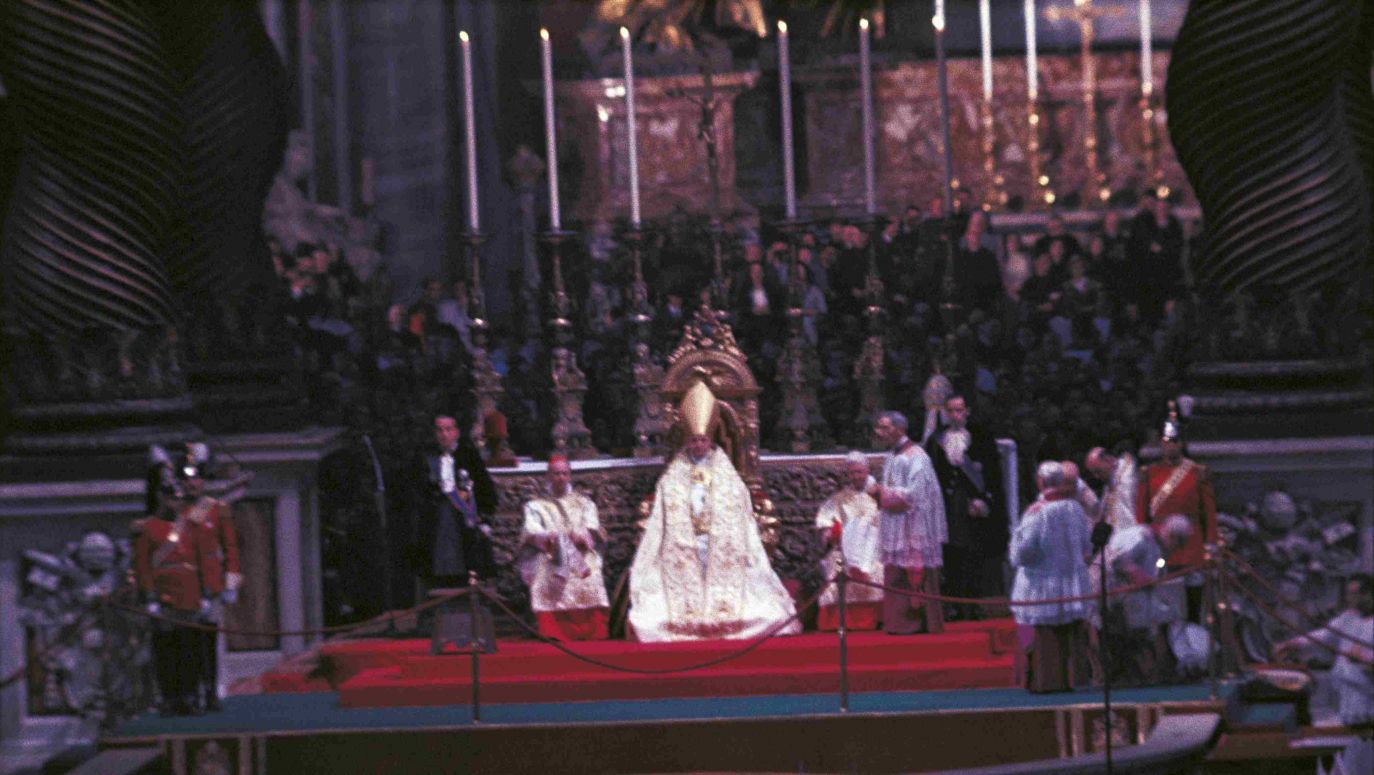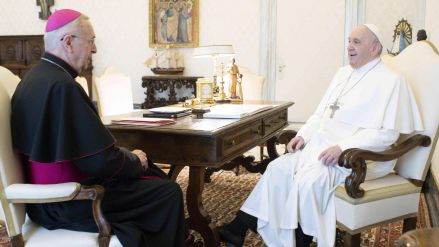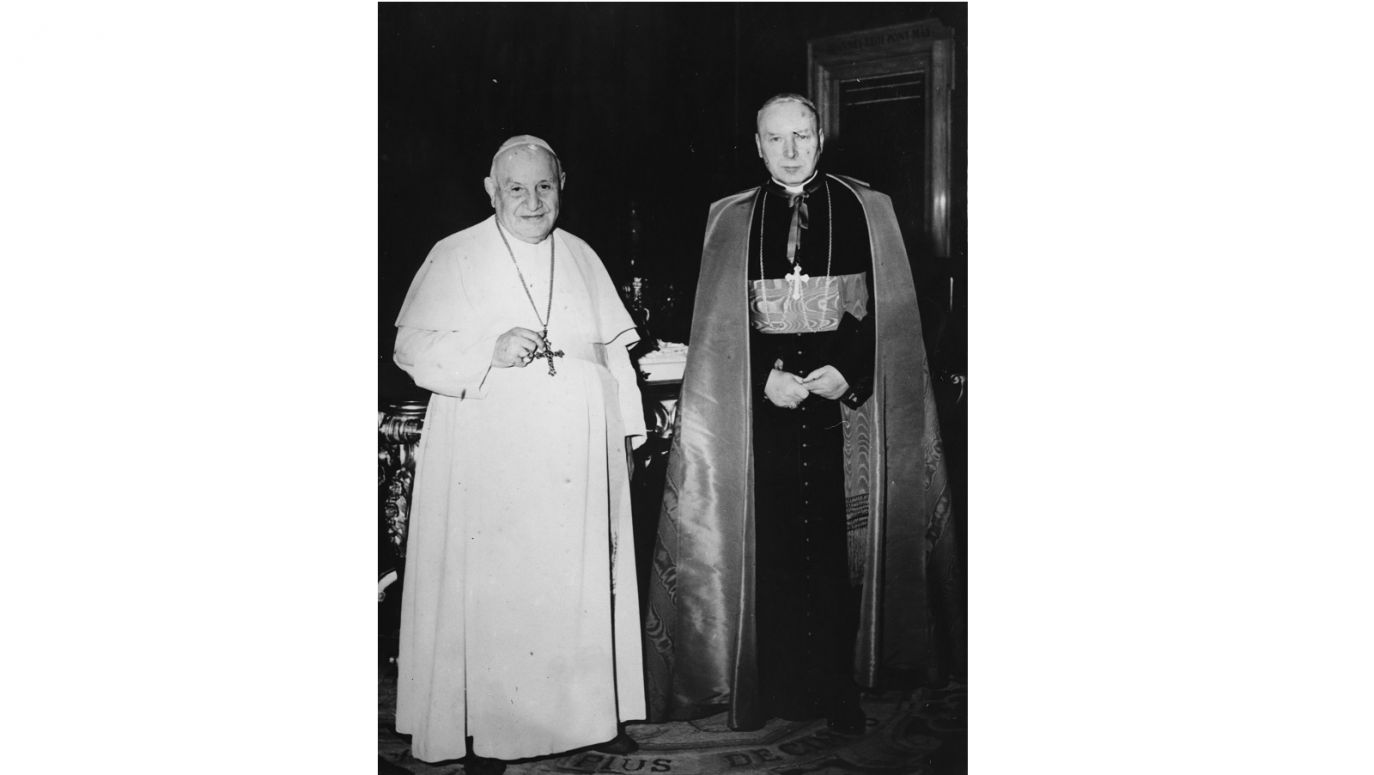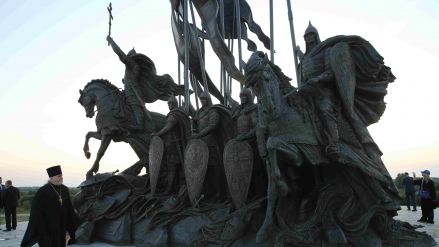In this encyclical Pius XI wrote directly about the crimes of communism in Russia and Mexico, about the next wave in Spain, about the expansion in many countries, about the murder of priests and nuns, about the destruction of the family and the basics of education. We have learnt it the hard way, fortunately not in the Spanish or Albanian edition, but also a cruel one – after all, October 19 was established in our country – not without reason – as the National Day of Remembrance for Steadfast Priests. You don’t have to rewrite everything from the encyclical, because everyone can find and read it on the Internet today. One has to ask, however, how it happened that a quarter of a century later, after the terrible World War II and the even more terrible expansion of communism, bishops and cardinals believed that since communism rules half the world, it is necessary to deal with it and look for ways to change it.
Meanwhile, Primate Wyszyński – emphasizes Ewa K. Czaczkowska – believed unambiguously that “the Vatican, supported by a group of Western hierarchs in this matter, focused on dialogue with atheistic communism, paying a high price for it. It was the abandonment of the moral evaluation of the system whose anti-religious edge touched tens of millions of Catholics in countries behind the Iron Curtain, harassed and persecuted for their faith”.
Stefan Wyszyński was able to point out to the Vatican diplomat Agostin Casaroli where his place in the Ostpolitik affairs was. “Nothing about us without us” – one can summarize the radical attitude of the Primate, who repeatedly asked in the Vatican to defend priests and Catholics from behind the “Iron Curtain”, gave examples of faithful from Lithuania, Latvia and Estonia betrayed by the Vatican, he proposed alternative diplomatic solutions. At the same time, he made many efforts for persecuted or even forbidden churches in neighboring countries, which we have written about many times in our pages.
A history that is not commendable
Nearly half a century has passed since then, and we still have – confirmed by many Vatican statements – this impression that in papal diplomacy things are the same as then. The twenty years of John Paul II’s pontificate who put all his authority, faith and prayer (and became a victim of an attempt on his life) on the line of the fight against communism, did not permanently change the Eastern policy of the Vatican.
Card. Pell, who experienced false accusations and imprisonment for his attempts to finally explore the financial depths of the Church, suffered harm and injustice, understands the importance of truth in relations between peoples and nations, probably also institutions. Maybe that is why he took up one of the most difficult topics, writing that “the post-conciliar story has not been one of glorious success”, if even “largely for reasons outside Church control”.
And yet inside, to a large extent. Is it possible to nourish hope that his bald and resolute to voice will finally open the doors or be it even a crack to an honest and substantive discussion on this topic?
– Barbara Sułek-Kowalska
– translated by Dominik Szczęsny-Kostanecki
TVP WEEKLY. Editorial team and jornalists
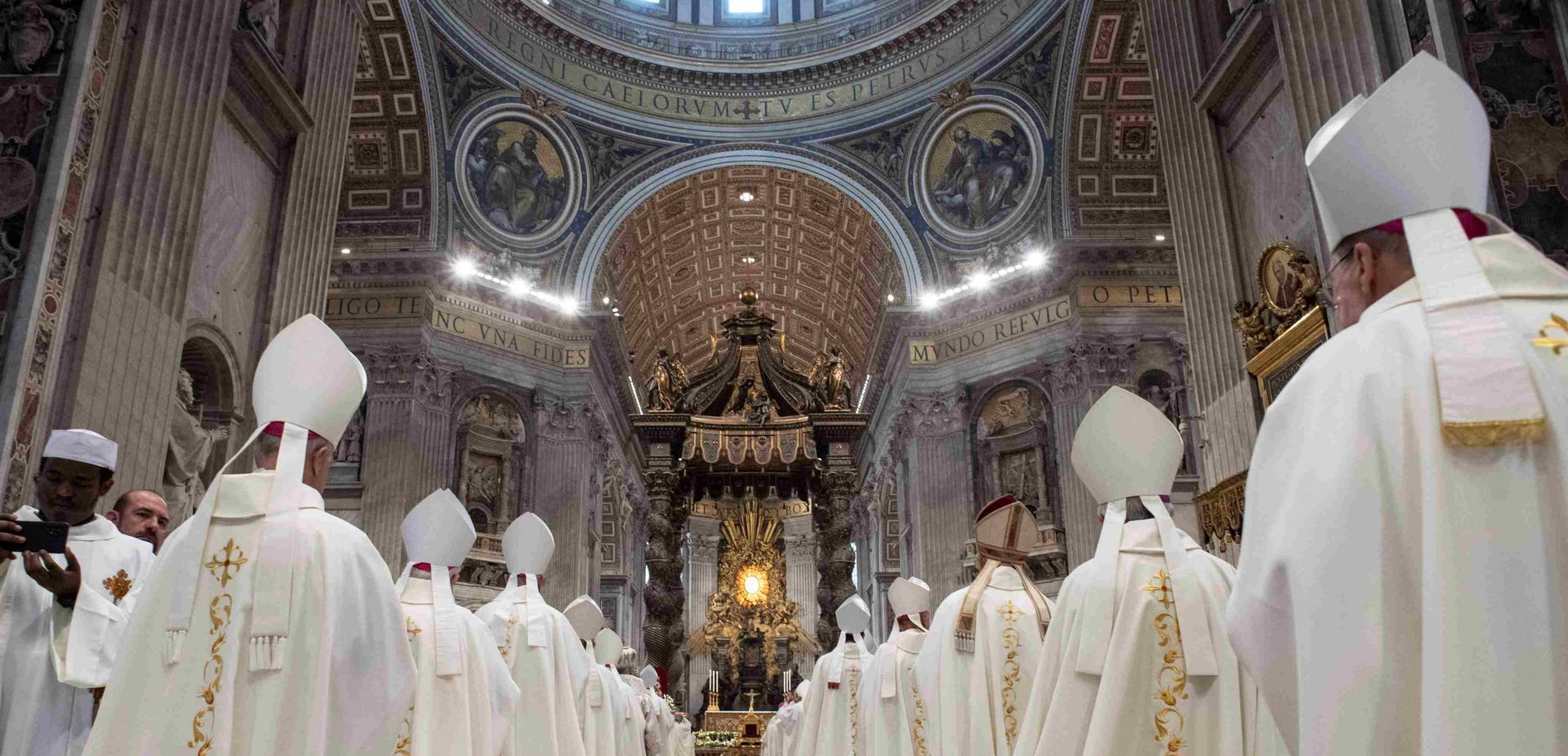
 SIGN UP TO OUR PAGE
SIGN UP TO OUR PAGE
 Here, a search for the “roots” of this attitude in documents and memoirs from the time of Vaticanum Secundum brings surprisingly pessimistic findings. And this is what Australian Cardinal George Pell talks about – even if it’s succinct and obscure especially for younger readers unfamiliar with the subject matter.
Here, a search for the “roots” of this attitude in documents and memoirs from the time of Vaticanum Secundum brings surprisingly pessimistic findings. And this is what Australian Cardinal George Pell talks about – even if it’s succinct and obscure especially for younger readers unfamiliar with the subject matter.